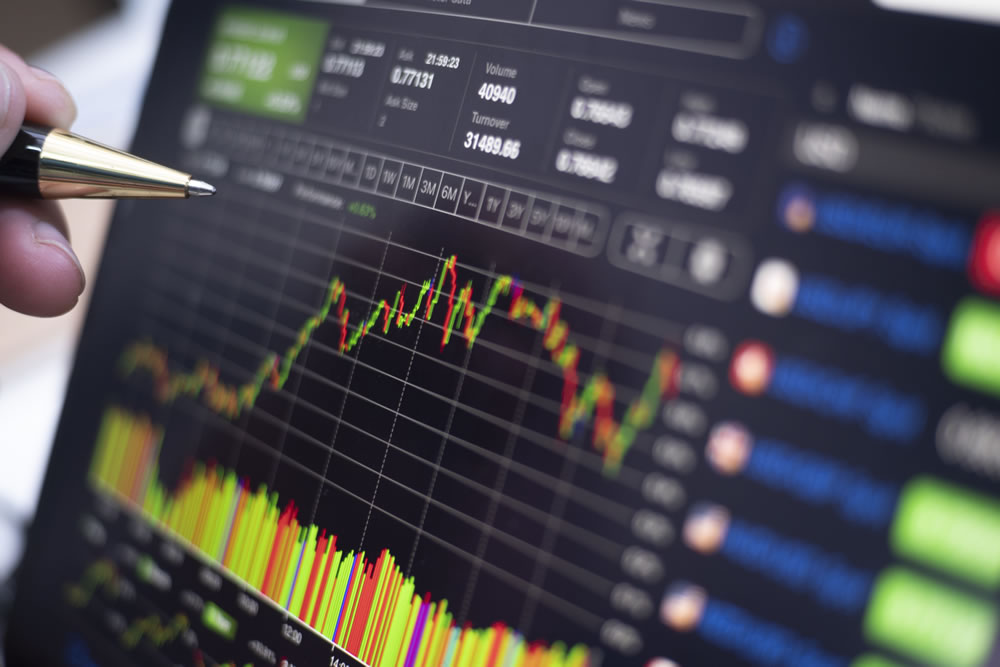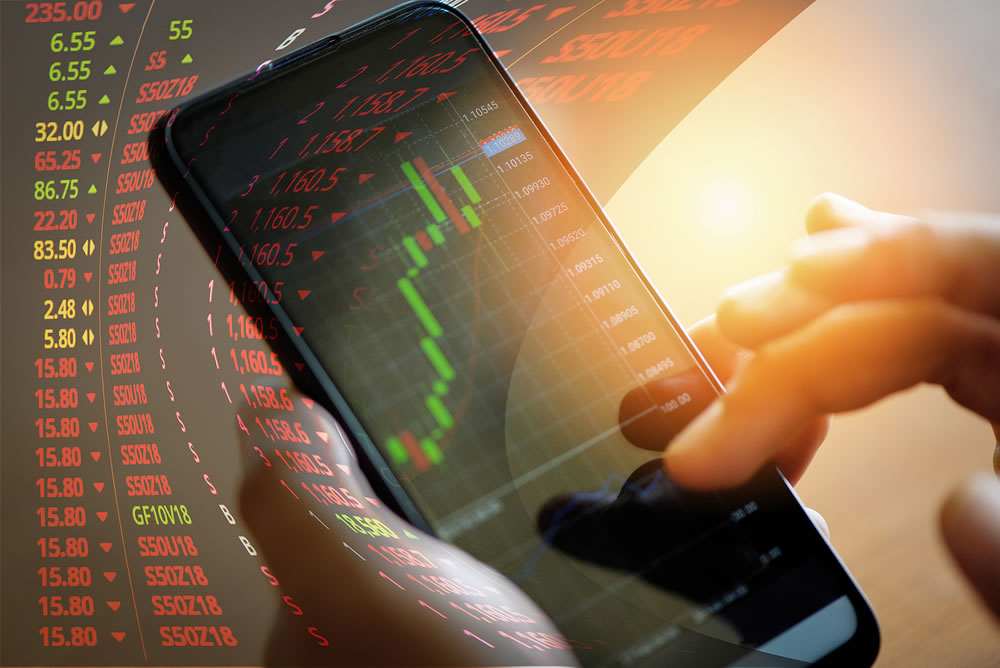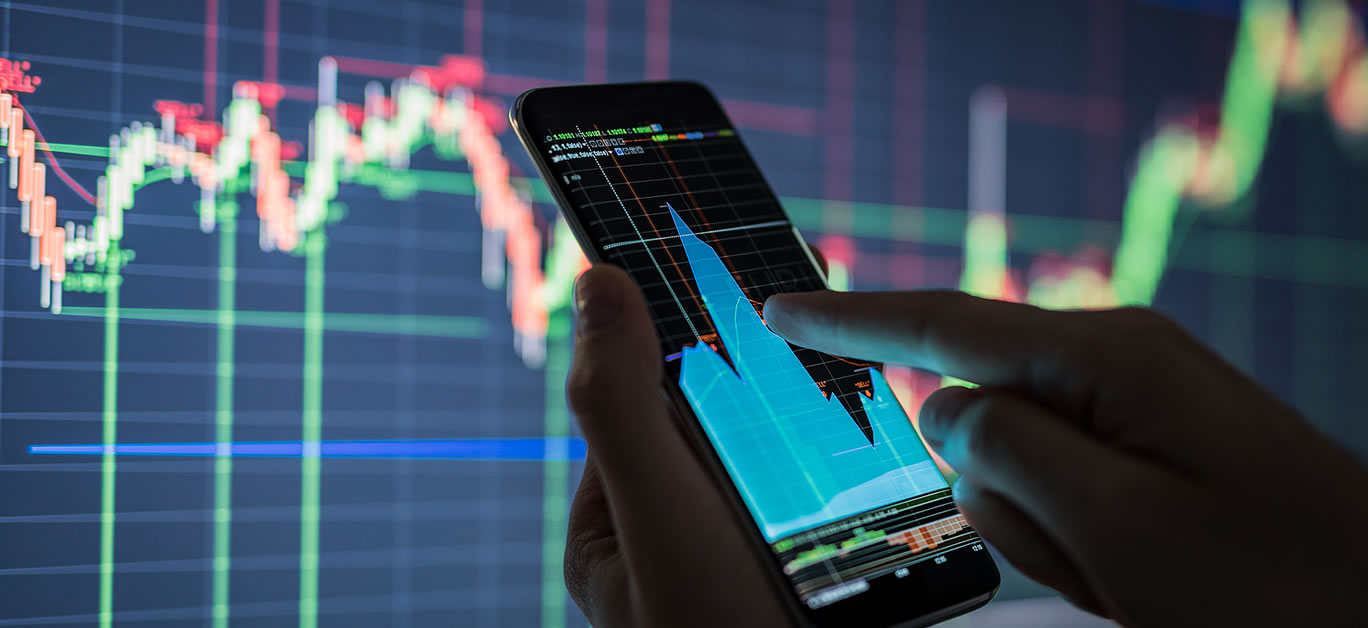Trading and investing is nothing new in 2022, but as we find ourselves thrust well and truly into the digital age, things have changed irrevocably over recent years in ways that many would say have been for the better. While these days, trades can be conducted quickly, efficiently – and best of all, instantly – simply by logging onto a website or app, it was once necessary to spend hours on the phone to stockbrokers and lose valuable time and money doing so.
Commission rates for both buying and selling were extortionate, with only experienced traders daring to dip their toe into the water throughout the 80s and 90s. But now, just about anyone can get started with investing and trading in a matter of mere minutes, with a new generation of crypto millionaires being spawned thanks to user-friendly trading platforms and automation.
While cryptocurrencies aren’t the only assets being traded online in 2022, the dramatic spike in young traders is proof that thanks to the internet, investing in stocks and shares and working the market is now more accessible than ever before. Here, we take a look at four of the biggest ways the digital world has transformed the way we trade forever.
Breaking down barriers

The number of people who own and trade stocks and shares today is significantly higher than it was ten years ago, and with the advent of automated trading platforms, it’s easy to see why. Gone are the days when it was essential to study the markets and have in-depth knowledge about the subject in order to make a profit, and younger investors are taking advantage of automatic signalling software and apps that do the hard work for them.
While of course, there is still a significant amount of risk involved with trusting computer-generated recommendations, sophisticated software is able to analyse previous trends and current market fluctuations to predict upcoming movements in a way that would take an individual hours. The option to ‘follow’ highly successful investors and copy their moves, too, has proved to be a huge motivating factor amongst green investors getting started, and it’s now easier than ever for someone to create an account, make their first deposit and initiate a trade, all from the comfort of their home or their mobile phone, in under an hour.
Artificial intelligence

Artificial intelligence has clearly had a pivotal role to play when it comes to simplifying and expediting trading, but its applications in the trading world go far beyond automated signalling alone. AI has disrupted financial institutions and allowed firms to analyse and improve security, too – as well as providing fast and optimal customer service to users of trading websites and apps to ensure a seamless experience at all times.
AI has shown itself to be a powerful tool in the management of portfolios, execution of trades and in customer support – and its capabilities are only now beginning to be fully understood and implemented. There is no denying that it has changed the face of trading for the better, but many experts believe that the best is still yet to come.
Machine learning

A subset of artificial intelligence, machine learning in itself has also played an important role in simplifying trading and making it more accessible to Joe public. By drawing in large amounts of data and making adjustments as and when new figures are provided, it can solve a complex set of problems, and is thus transforming investment strategies and the ways in which they are administered.
While it can’t yet fully replace the role of humans – particularly when it comes to risk management – machine learning can certainly help to facilitate the process of trading and investing – and efficiently, too. Without it, a far greater level of skill and experience would be required for many traders to get the results they do currently, but thanks to this innovative form of technology, they can learn ‘on the job’ instead.
Mobile technology

Just 20 years ago, the idea of being able to execute trades from a mobile phone was unthinkable – yet today, an impressive array of apps and platforms are allowing us to do just that. With more than three billion people around the world using and owning smartphones, it’s perhaps little wonder that that has had such a dramatic impact on the uptake of trading, making it accessible and convenient for anyone to get started, any time, anywhere.
Allowing traders not just to track their investments and keep an eye on market fluctuations, but to access real-time information on their holdings instantly, mobile technology and applications have meant that today’s traders can act quickly, and make trades at any time of the day or night. That means fewer missed opportunities, and few limitations on how and when to trade – something that was unheard of back in decades gone by.
Disclaimer: Investing money carries risk, do so at your own risk and we advise people to never invest more money than they can afford to lose and to seek professional advice before doing so.






















